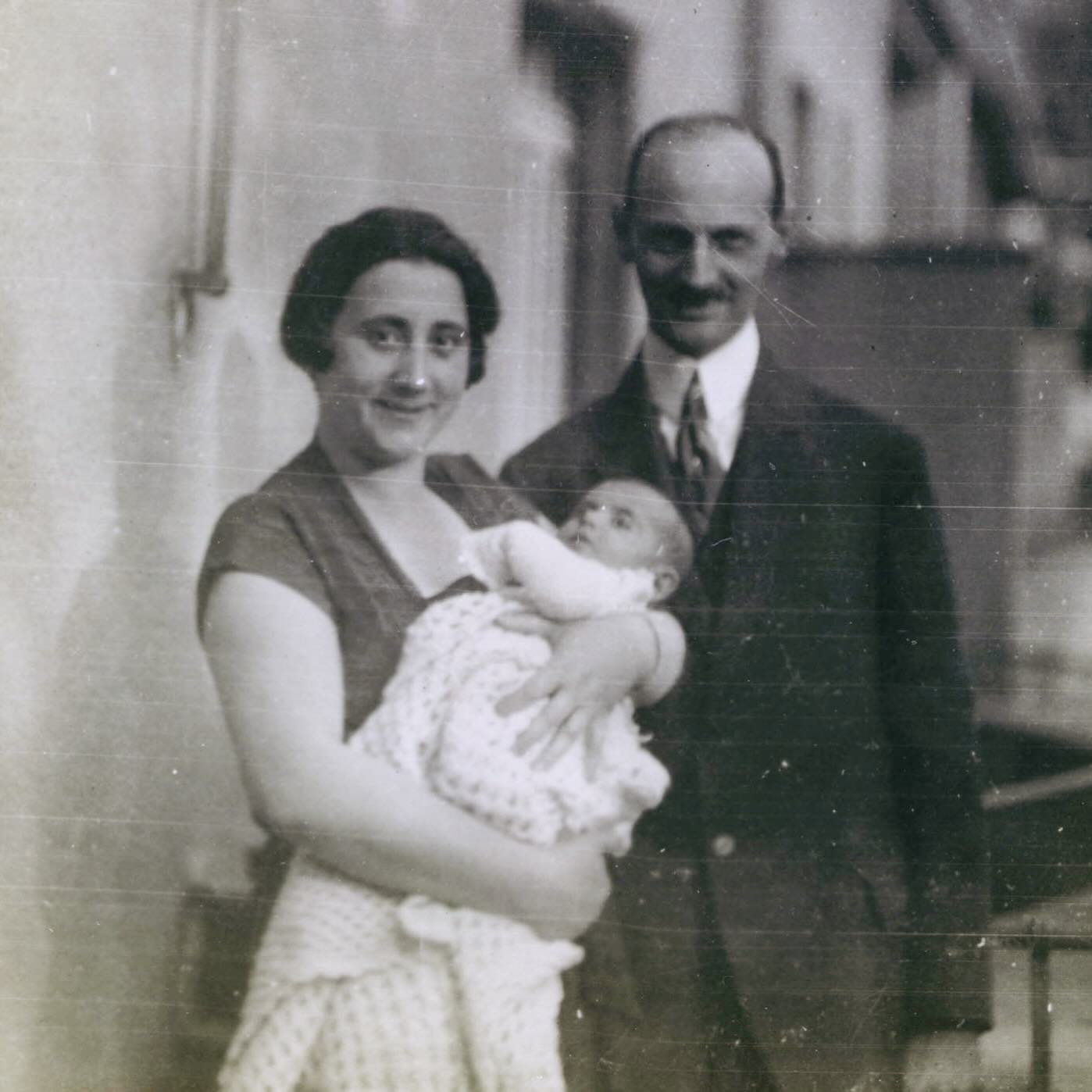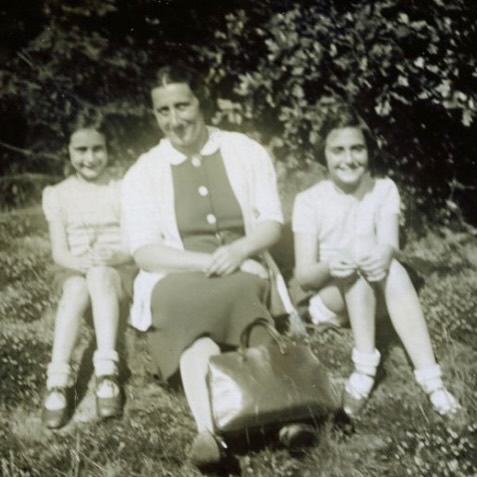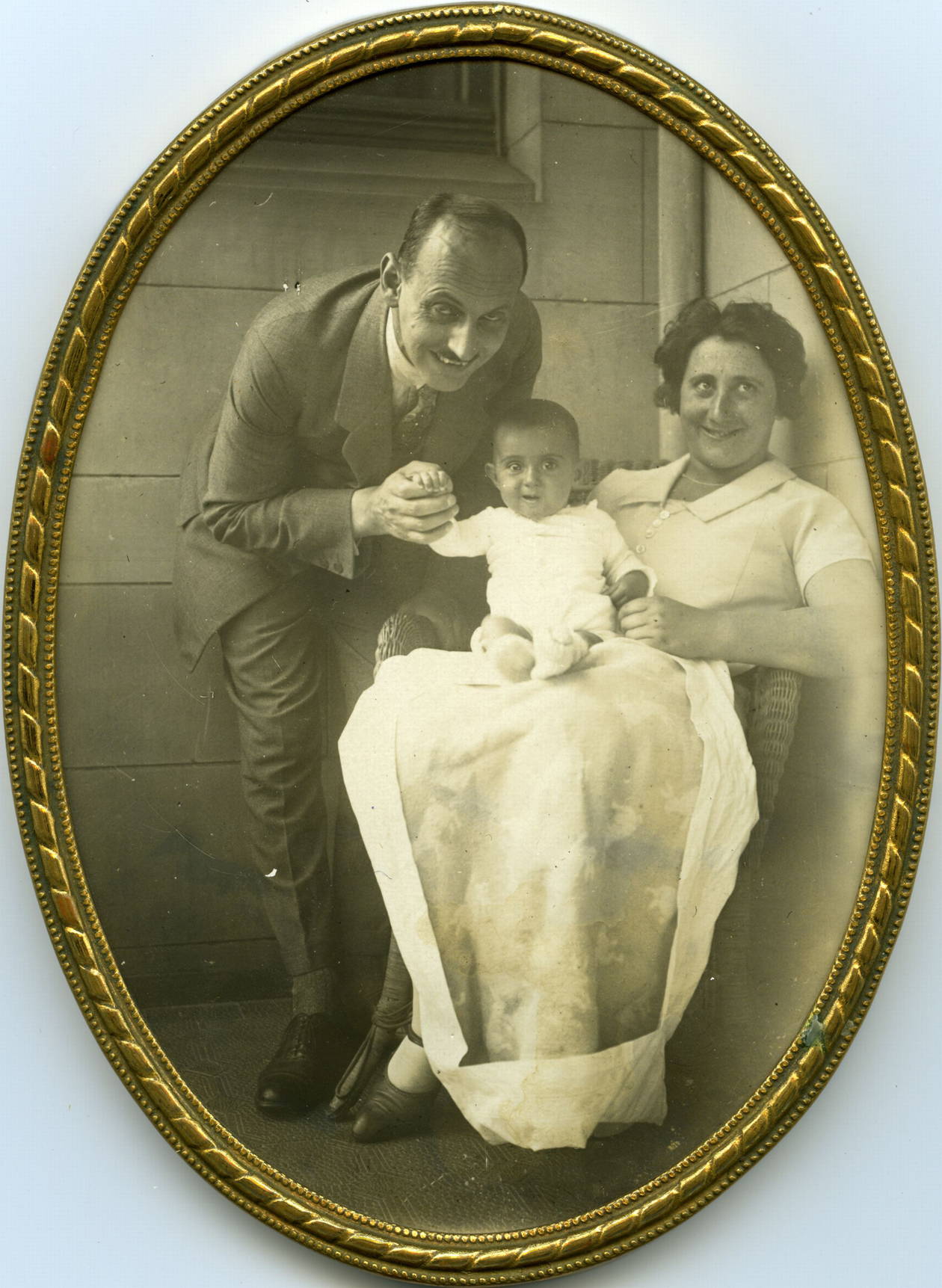A Shared Grief

In 1945, in the wake of the Holocaust, Alice Frank wrote a letter to her son, Otto, that captures the profound sorrow of their family’s loss. Her words are a raw expression of empathy and grief. She acknowledges the immeasurable pain Otto must be feeling, being “alone in your grief for Edith and with no news of the dear children.” Her sorrow is compounded by the knowledge that they were unable to help Edith in her final moments. “How Edith must have suffered without you and the children, I don’t dare to even think about it, and here we all were with no idea!” she wrote, a line that speaks to the helplessness of so many who were left behind.
A Tribute to a Mother and Wife

Alice’s letter is not just a lament for the dead; it is a powerful tribute to Edith. She offers her sincere mourning for Edith, a woman she clearly held in high regard. She remembers Edith not just as a wife, but as a “great support” in Otto’s life. But her most touching words are reserved for Edith as a mother. She called her “the girl’s best friend and tireless mother,” a beautiful testament to the selfless love Edith had for Anne and Margot. This description paints a picture of a woman who was a constant source of support and affection for her daughters.

This letter, written in a time of immense loss, shows how the survivors of the Holocaust had to bear the weight of not only their own grief but also the unimaginable suffering of their loved ones. Alice Frank’s words serve as a reminder that the tragedy of the Holocaust was not just a historical event but a personal one, a devastation that tore families apart and left a legacy of unspeakable pain.